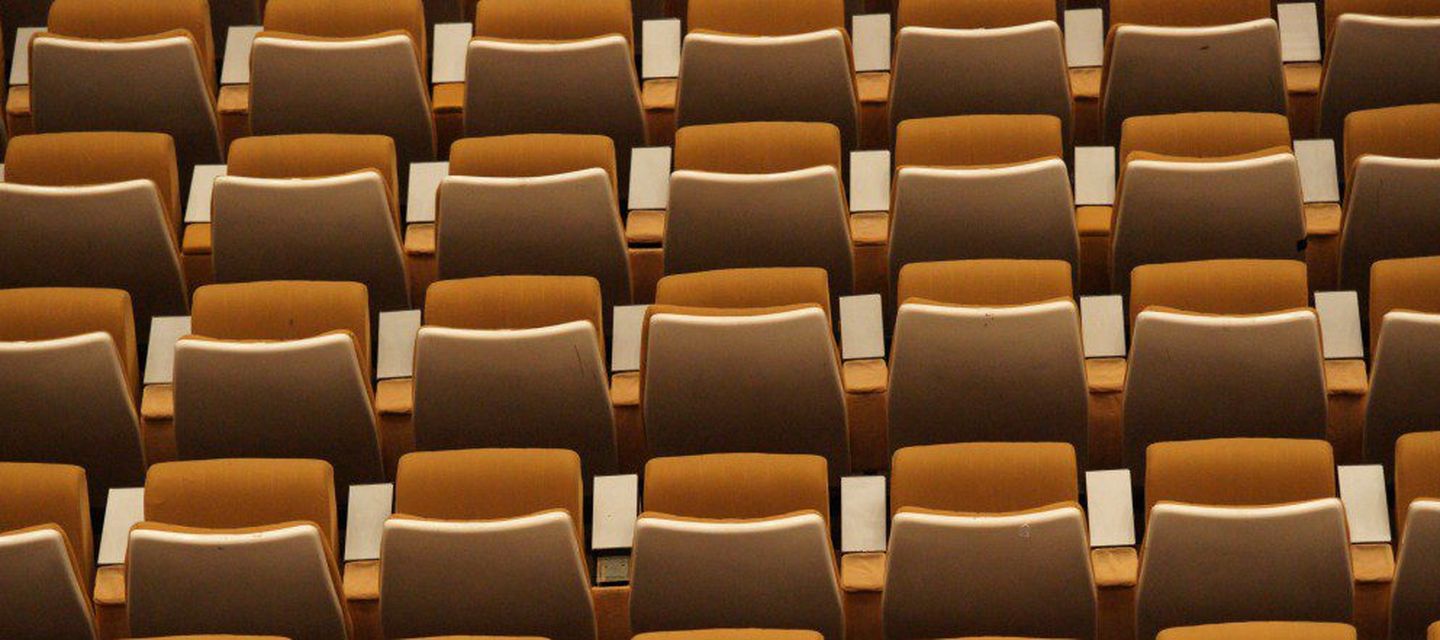
When the Great Equalizer shuts down
In 1848 Horace Mann wrote that schools and education are the great equalizer of conditions of men; the balance wheel of the social machinery. In the wake of the coronavirus pandemic, schools have remained closed for long periods around the globe, depriving society of this powerful equalizing force of education accessible to all. What are the consequences on children today and on the future society?
As soon as the vaccine allows regular school activity to resume, will children close the learning gap that opened up? Or will the consequences of the pandemic permanently mark the COVID generation? A new research performed on US data shows that this switch in interactions from school to neighborhood implies an increase in socioeconomic segregation, because neighborhoods are more segregated than school districts.
Children from poorer families lose the benefit of mingling with others from a different background, whereas children from wealthier families now interact mostly with others from a similarly advantaged background. The largest losses arise for the children of families living in the poorest neighborhoods. In contrast, the children of families living in the richest neighborhoods remain unscathed. For children living in the poorest neighborhoods, the learning losses translate into an average cut in their earnings potential of about 25%, versus no significant losses for those living in the wealthiest neighborhoods. How to intervene to reduce the impact of the current pandemic on our children’s life opportunities? Some of the impact of the pandemic on children’s education could be mitigated by expanding in-school support once the pandemic is under control, for example by shortening the summer break in 2021 or offering targeted services to disadvantaged groups.
This event will try to answer discuss possible policies to mitigate the consequences implied by the pandemic on our children’s life opportunities.
About the speaker
Giuseppe Sorrenti is an Assistant Professor in Economics at the Amsterdam School of Economics – University of Amsterdam. He is mainly interested in the understanding of the human capital accumulation process. In his research, he investigates the determinants of a child’s development, the importance of noncognitive skills in shaping life opportunities, and the implications of different parenting styles on the accumulation of children’s skills.
Thijs Bol is associate professor of sociology at the University of Amsterdam and studies inequality in education, the labor market, and science. He is member of the Young Academy of the Royal Academy of Sciences of the Netherlands. In the past year he has worked on how school closures affected inequality of opportunity in education.
Rosa van Gool is a journalist from Amsterdam, with a background in classics and education. She covered education as a contributing editor for De Groene Amsterdammer and now works as foreign correspondent for de Volkskrant from Rome.
Moderator: Jochem Kootstra.
:rgb(-15)

:rgb(-25)

:rgb(8)
